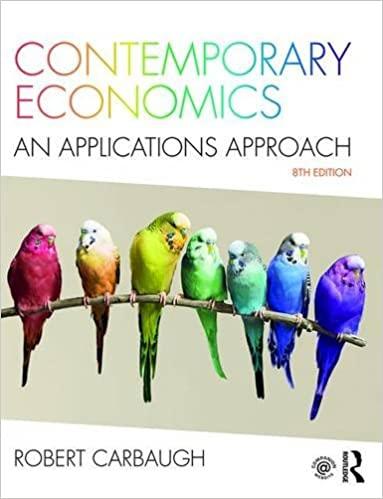
The answer is included in the bottom of the screenshot with the question - I was just hoping you could help show me how to get to that answer and the steps in detail. I also included the formula sheet we were given to assist us with this problem if you could use those instead of formulas we have not learned yet. Thank you!!
(1) Frederick Krueger plans to buy a house in 4 years. He expects it to cost $500,000 at that time. He has the following sources of funds: 1. He will save up money by making quarterly deposits of $10,000 in an investment account that pays 7% APR compounded quarterly. 2. His generous uncle, Mike Myers, will deposit $30,000 into Frederick's bank account 1 year from now. The account pays 6% APR compounded monthly. 3. At the time of purchase, Frederick believes he will be able to afford to take out a 20-year, 9% APR (monthly compounding) loan with monthly payments of $2,000. Frederick's friend, Jason, has offered to deposit a lump sum of money into his bank account (6% APR, monthly compounding) now so that he will have enough to buy the house in 4 years. Based on this information, calculate the expected size of the deposit that Jason will need to make today. Answers: $182,816.77 $35,900.42 $222,289.91 $58,992.90 $46,433.22 Dwa Formulas Ending Value Return = Beginning Value Beginning Value FV FV = PV (1+r) + PV = + PPV = r - (1+r) (1+r) APV = CX AFV = C x APV, = APV X *(1+r) + AFV, = AFV *(1+r) EAR = m APR 1+ -1 EAR = eo - 1 FV = PV edin PV = FV .e-on t. PV(CF) %AP -AYTM -XD Mac YTM 1+ 2 0.5 1 + R= (1+r)(1+h) (1) Frederick Krueger plans to buy a house in 4 years. He expects it to cost $500,000 at that time. He has the following sources of funds: 1. He will save up money by making quarterly deposits of $10,000 in an investment account that pays 7% APR compounded quarterly. 2. His generous uncle, Mike Myers, will deposit $30,000 into Frederick's bank account 1 year from now. The account pays 6% APR compounded monthly. 3. At the time of purchase, Frederick believes he will be able to afford to take out a 20-year, 9% APR (monthly compounding) loan with monthly payments of $2,000. Frederick's friend, Jason, has offered to deposit a lump sum of money into his bank account (6% APR, monthly compounding) now so that he will have enough to buy the house in 4 years. Based on this information, calculate the expected size of the deposit that Jason will need to make today. Answers: $182,816.77 $35,900.42 $222,289.91 $58,992.90 $46,433.22 Dwa Formulas Ending Value Return = Beginning Value Beginning Value FV FV = PV (1+r) + PV = + PPV = r - (1+r) (1+r) APV = CX AFV = C x APV, = APV X *(1+r) + AFV, = AFV *(1+r) EAR = m APR 1+ -1 EAR = eo - 1 FV = PV edin PV = FV .e-on t. PV(CF) %AP -AYTM -XD Mac YTM 1+ 2 0.5 1 + R= (1+r)(1+h)








